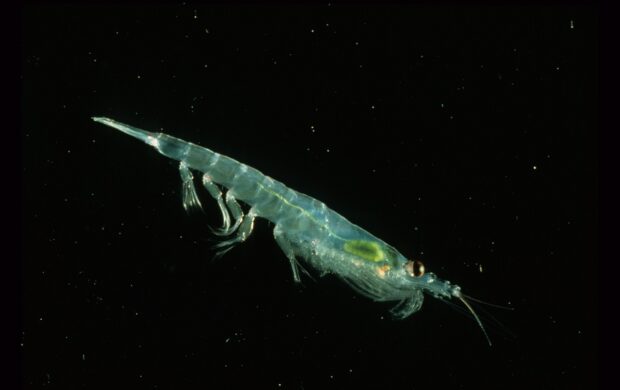Millions of tourists visit Hawaii each year. To protect their skin from the sun’s damaging rays, visitors routinely apply chemical sprays and lotions. However, they are also unknowingly damaging fragile coral ecosystems as the chemical sunscreens enter the marine environment. Scientists have found that common components of commercial sunscreens damage coral DNA.
To educate travelers about the threat posed by most readily available sunscreens, the Hawaiian Airlines is debuting an educational in-flight video, Reefs at Risk. It has also partnered with Raw Elements, the manufacturer of a reef-safe product, to distribute free samples and offer discounted prices on full-size bottles.
According to Avi Mannis, Senior Vice President of Marketing at Hawaiian Airlines: “Hawai‘i is a very special place, and we believe it is our ‘kuleana’, or responsibility, to care for our home. Through our partnership with Raw Elements, we encourage guests to join us in reducing the human impact on these delicate coral ecosystems.”











